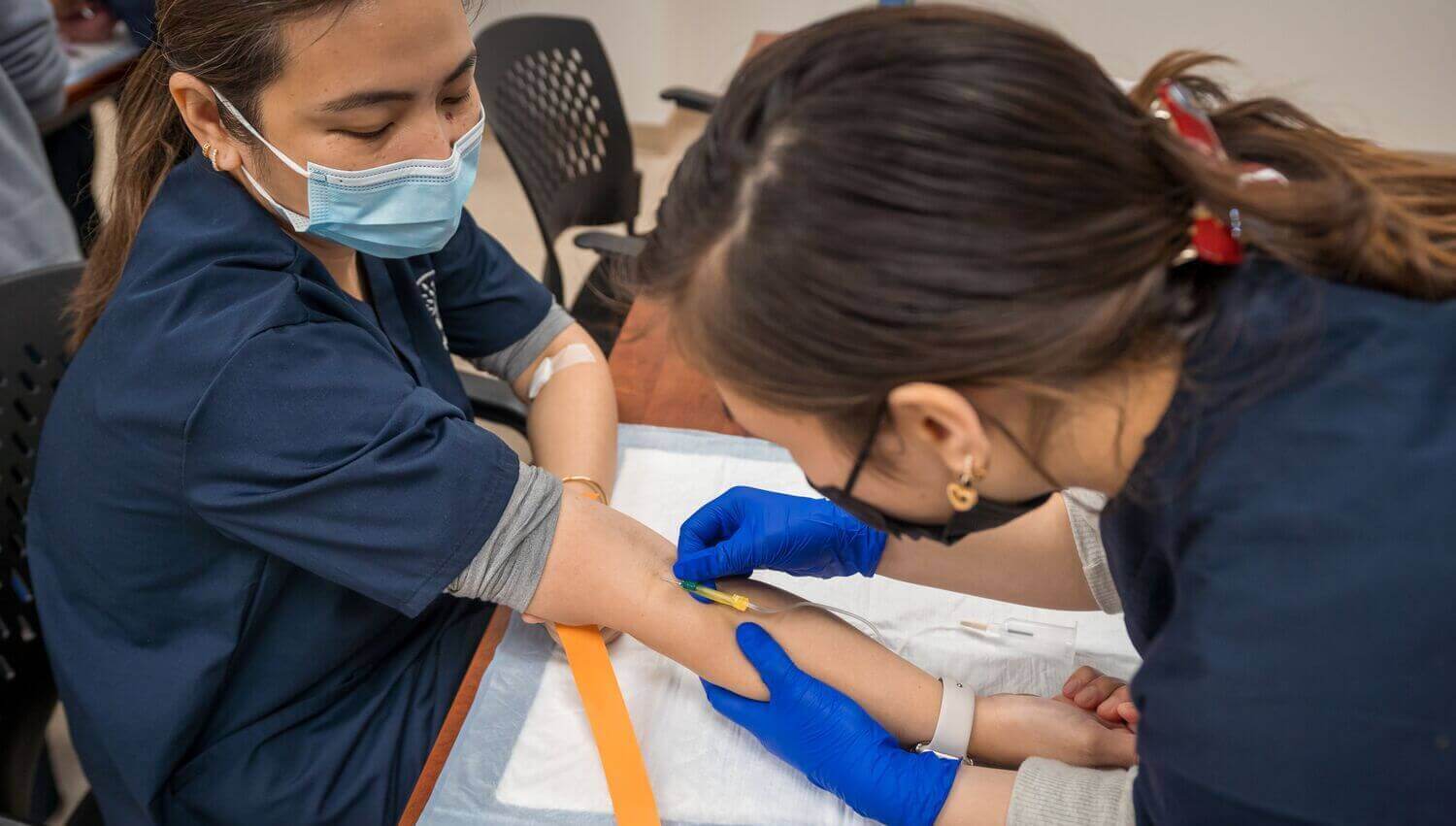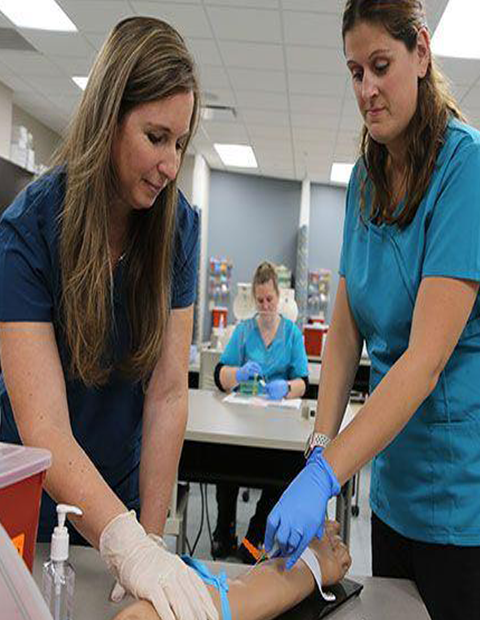Northeast Medical Institute CNA Training Stamford: Expert Instruction for Ambitious CNAs
Essential Elements to Think About When Choosing the Many Appropriate Medical Institution Educational Program for You
Picking one of the most suitable clinical institution educational program is an essential choice that can substantially affect your instructional trip and future career course. As aiming doctor, the selection of curriculum should align with your individual learning design and occupation ambitions. Nonetheless, past these first considerations, various critical aspects enter play when making this selection. By checking out the nuances of teaching methods, curriculum adaptability, and medical direct exposure chances, a more detailed understanding of what makes a curriculum ideal for you emerges. Let's discover these important elements that can form your medical education and learning and inevitably, your expert trajectory.
Personal Discovering Style

Medical institutions that offer varied training techniques and resources can fit different finding out styles, promoting a dynamic and comprehensive instructional environment. Eventually, comprehending individual understanding preferences empowers trainees to make educated choices concerning their clinical education and learning, establishing a strong structure for their future careers in healthcare.
Occupation Goals Positioning

Moreover, lining up occupation purposes with the clinical college curriculum can additionally enhance motivation and engagement throughout the instructional trip. When students see the straight significance of their coursework to their future profession, they are more probable to stay concentrated and specialized to their research studies. As a result, when selecting a clinical institution educational program, it is vital to very carefully consider just how well it aligns with one's job goals to guarantee an effective and satisfying professional path.
Training Approaches
Taking into consideration the positioning of job objectives with the selected clinical institution curriculum, an examination of the mentor methodologies used comes to be critical in shaping the discovering experience. The performance of a clinical school curriculum heavily depends on the training techniques utilized by the institution. Different mentor techniques, such as talks, tiny seminar, problem-based learning, simulation-based training, and hands-on medical experience, can substantially influence how well students understand and maintain details.
Lectures are a traditional but still typically used technique for providing material to a big group of trainees effectively. Little group discussions foster partnership, vital reasoning, and communication skills amongst trainees. Problem-based discovering urges energetic engagement, self-directed discovering, and analytical capabilities. Simulation-based training enables students to practice clinical skills in a regulated setting prior to connecting with actual people. Hands-on professional experience offers a direct understanding of person care and medical methods.
When selecting a clinical institution educational program, striving trainees must think about the mentor methods utilized to ensure that their understanding choices and strengths straighten with her comment is here the instructional technique of the organization.
Curriculum Flexibility
When reviewing medical school programs, examining the extent of educational program flexibility is essential for potential students looking for a tailored instructional experience. Curriculum adaptability refers to the level to which trainees can individualize their knowing courses within the medical institution curriculum. An educational program that provides versatility permits pupils to pursue their rate of interests, concentrate on areas where they need a lot more assistance, and engage in discovering experiences that straighten with their career goals.

Possible medical students should consider exactly how a clinical college's curriculum flexibility aligns with their knowing preferences, occupation ambitions, and individual objectives. By picking a program that supplies the appropriate equilibrium of framework and adaptability, pupils can maximize their instructional experience and prepare themselves for effective jobs in medication.
Clinical Direct Exposure Opportunities
Checking out the useful application of clinical understanding, medical direct exposure possibilities play an important role in forming an extensive medical education and learning. These opportunities give trainees with invaluable hands-on experience in actual healthcare settings, permitting them to bridge the void between concept and practice. When taking into consideration medical college curricula, the high quality and quantity of scientific direct exposure should be meticulously examined.
Reliable medical direct exposure should use a diverse variety of experiences throughout various specialties, making certain that students are subjected to various medical situations and person demographics. Exposure to outpatient centers, inpatient wards, medical cinemas, and emergency departments can aid students establish a well-shaped understanding of different facets of health care distribution. Additionally, chances for community-based treatment and communications with underserved populaces can foster a deeper recognition for the social components of wellness.
Furthermore, the existence of helpful professors and advisors throughout these medical experiences can substantially boost the understanding process. Faculty guidance and constructive comments can assist trainees review their professional experiences, identify areas for improvement, and enhance their medical skills and decision-making abilities (Northeast Medical Institute CNA Classes Near me Stamford). Generally, durable scientific direct exposure possibilities are usc courses essential for preparing future physicians to deliver quality patient treatment effectively
Conclusion
In conclusion, when choosing a medical institution curriculum, it is necessary to consider your individual discovering design, positioning with occupation goals, instructing approaches, curriculum flexibility, and scientific direct exposure possibilities. These aspects play an important role in determining one of the most appropriate program for your specialist and academic development. Make certain to completely evaluate each facet to make a notified decision that will certainly best support your development in the clinical field.
Recognizing one's personal understanding style is crucial when picking a medical college curriculum. By recognizing one's discovering style early on, aiming clinical trainees can strategically pick a curriculum that provides to their staminas, inevitably here improving their understanding experience and academic success.
When evaluating medical college programs, evaluating the level of curriculum flexibility is crucial for prospective students seeking a tailored academic experience. Curriculum adaptability refers to the level to which students can customize their learning paths within the medical institution curriculum.In final thought, when choosing a clinical school curriculum, it is crucial to consider your personal knowing design, placement with career goals, educating methodologies, curriculum versatility, and scientific direct exposure opportunities.